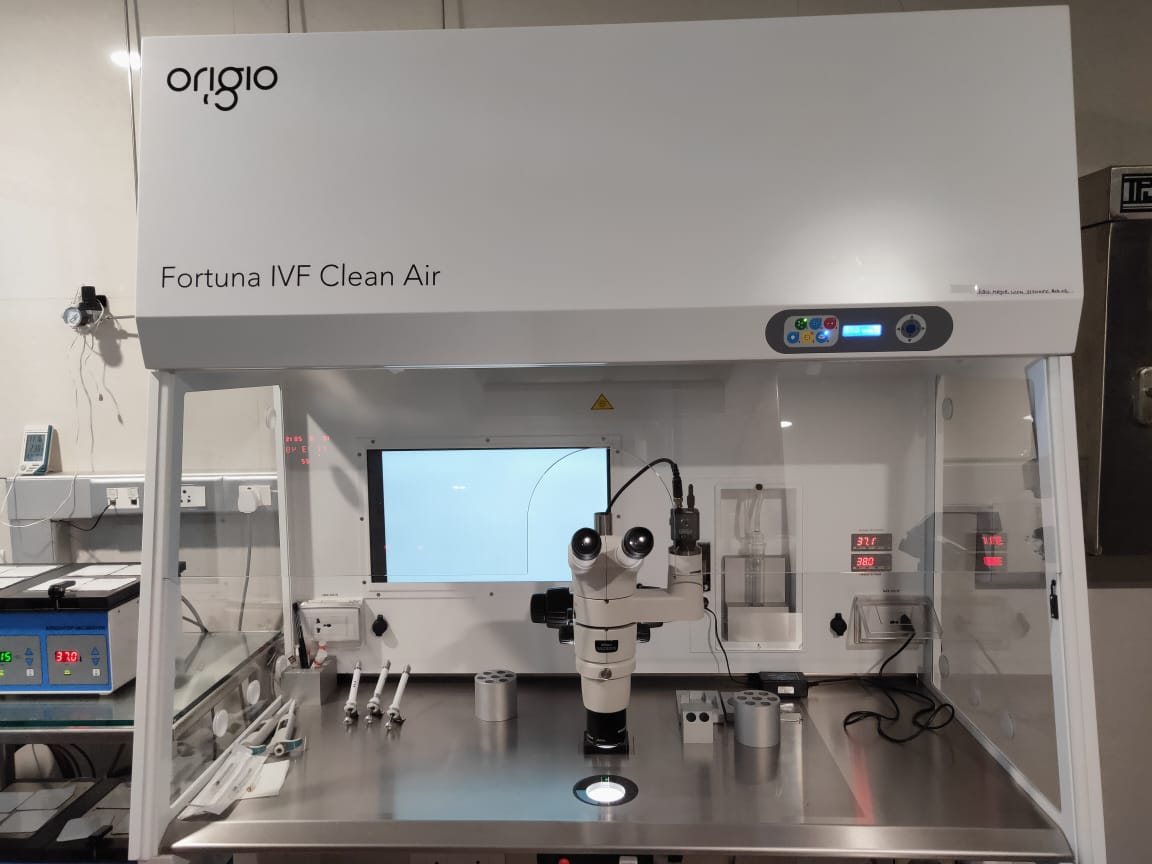
If you are planning to set up an IVF laboratory for your fertility program, you must know the essential equipment you need to ensure successful results. In vitro fertilization is a delicate process, and small changes in the laboratory environment can impact the success rate significantly. This guide will provide you with a comprehensive list of the essential IVF laboratory equipment that you need for a successful fertility program.
1. Microscopes: IVF labs require high-quality microscopes to prepare and analyze embryos and sperms. Invest in a good quality inverted microscope with high magnification lenses that can work correctly with micro-manipulators. This microscope allows you to observe every step of the fertilization process and the embryo development under the microscope.
2. CO2 Incubators: CO2 incubators are an essential piece of equipment in an IVF laboratory, and they help create an optimum environment for embryo development. CO2 incubators provide a controlled environment of humidity, temperature, and carbon dioxide level, simulating the female reproductive tract’s physiological conditions, ensuring that the embryo is in the right conditions for development.
3. Microinjector System: Microinjection technology is a crucial technology used in an IVF laboratory. A microinjector system allows the injection of a single sperm into a mature egg, which can be useful in cases of male infertility. The use of a highly calibrated and accurate microinjector is critical for successful fertilization.
4. Centrifuges: Centrifugation is an integral part of several procedures in an IVF laboratory. The centrifuge is used to separate the most motile and healthy sperm from the seminal fluid, and it is also used to prepare the semen sample for IUI or IVF. Invest in a good quality centrifuge with the right rotor to ensure proper separation of cells.
5. Heating Stage: A heating stage is an essential piece of equipment in an IVF laboratory, as it helps to mimic the natural environment for the embryo. This piece of equipment is used to maintain the temperature of the sample at 37°C, which is the optimum temperature for embryo growth. The heating stage is also used to perform embryo biopsies for genetic testing.
In Short:
In conclusion, the equipment list above is not exhaustive. As research in the field of assisted reproductive technology advances, new equipment may become necessary. It’s essential to stay updated on developments in the field and invest in high-quality equipment to guarantee successful results and satisfied patients. As an IVF clinic, you must understand the sensitivity of the procedure and ensure you have all the required high-quality equipment to provide the optimum success rate for patients’ treatment.





